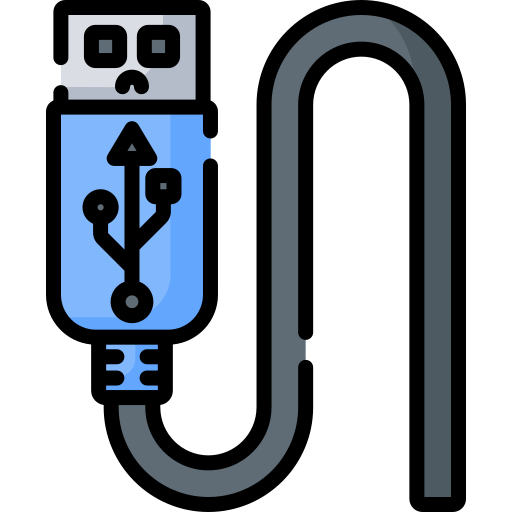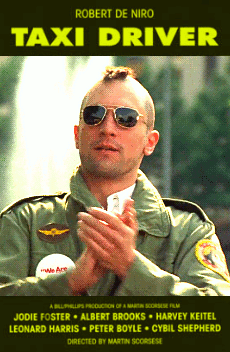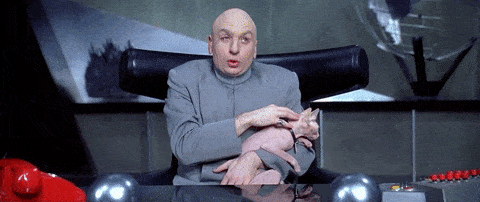- Dr. Jared Dempsey

- Jan 23, 2020
- 2 min read
How many times a month do you try to put in a usb stick the wrong way round? This week we are going to use the ever-present USB stick as an example of bad design when we consider human factors.
"I’m also going to give you a failsafe way of putting the USB in the right way, first time, every time"

If you’re anything like me, you’re probably used to having a 50% success rate in getting the USB in the right way round. Half the time it goes straight in and half the time, you have to turn it round, leading to ongoing frustration!
"Clearly the design makes it likely that we are going to make an error"
The Design
The designers of the USB did give some thought to making the USB stick mistake-proof, so it would go in either way, but it would have added to the cost of each USB produced. So we ended up with a cheaper, but less user-friendly product. You might find there is a USB symbol on the USB casing, that lets you know: "this way up". In other words the symbol should be facing you when you insert the USB cable or stick.
But often there is no symbol. So we are left to guess work. How can we know which is the right way, even when there is no symbol to help us? You can tell which way is up, by looking at the metal part of the USB, you will notice one side has a seam and the other side is seamless. The seam always points downwards, when you insert the USB. Easy when you know how, eh?
"The seam always points downwards"
What does this mean for us and human factors design?
1) Designers need to do plenty of real life usability testing with people who will use the equipment.
2) If you inherit equipment that is less than ideal, get modifications approved and standardised, to make life easier for your users. So if you are providing USB memory sticks, how about getting a small USB symbol printed on one side? Even though that’s not a usual or essential requirement for memory sticks.
3) Educate people sufficiently on how to use the USB or whatever other equipment they will use.
"So there you have it, the humble memory stick has significant lessons on design, inherited design and user education."
Dr. Jared Dempsey is the Director at Kognivate.
This blog is for education purposes and may be freely shared with attribution.










